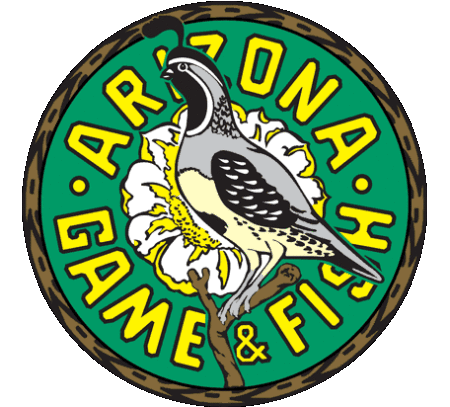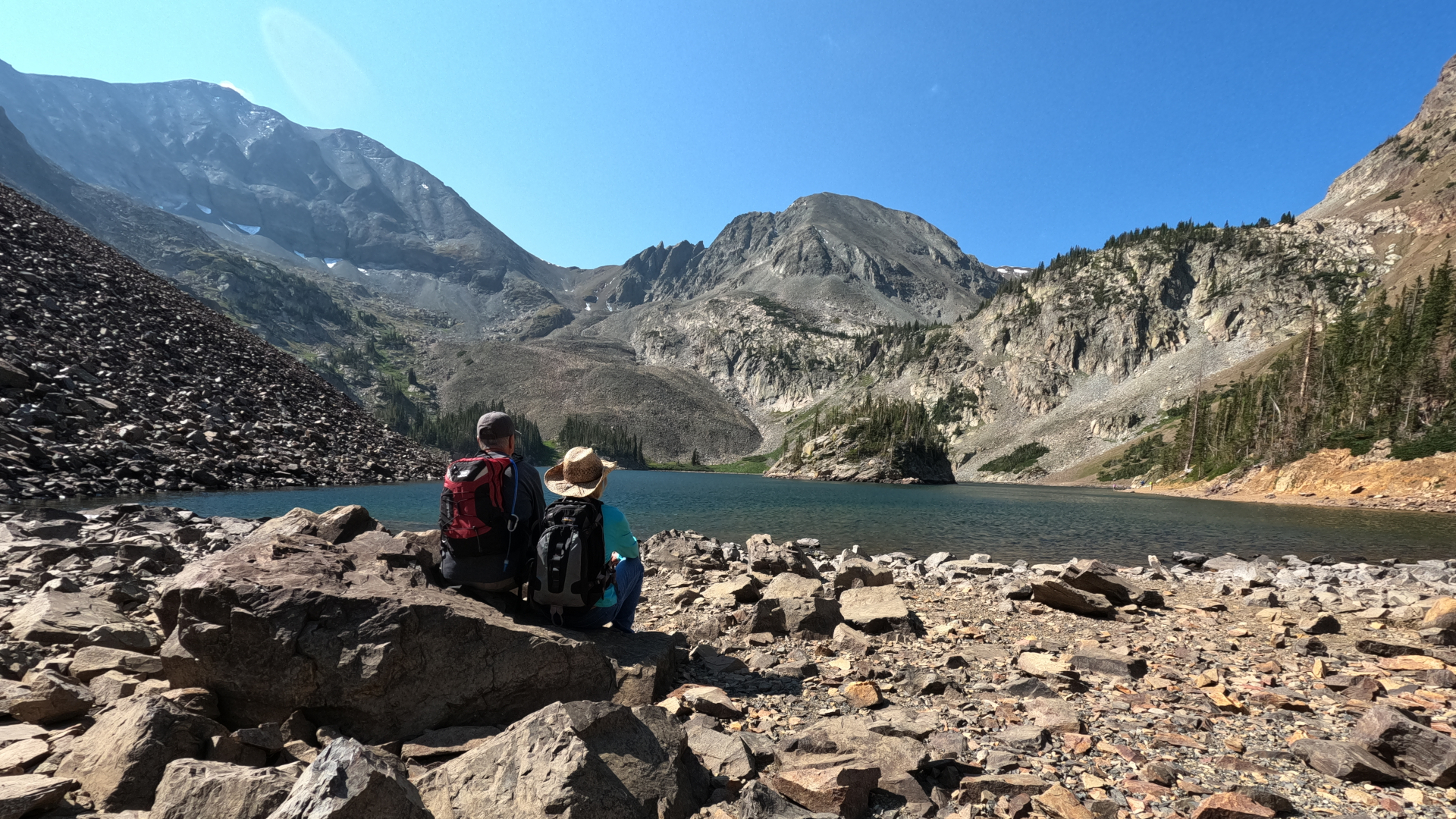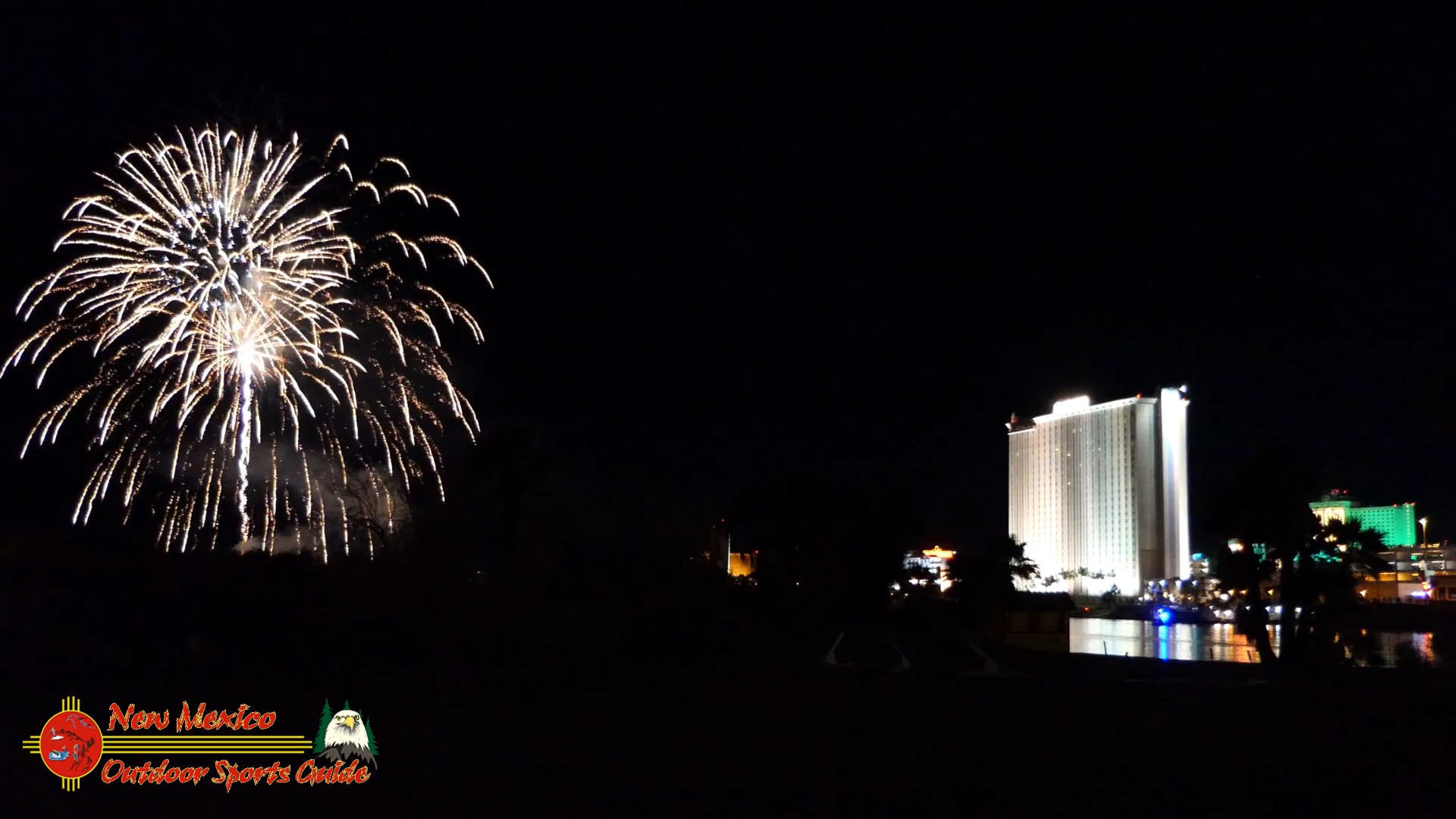East Texas Duck Hunting – Lake Havasu
Being more of a fisherman than a duck hunter I was unaware, until recently, that this year marks a year of record setting duck populations. The “pot hole” region of North Dakota and Southern Canada was in perfect breeding condition for the migrating waterfowl. Duck numbers are up by more than fifty percent and have not been this high on record since the early fifties.
The first split started November 17th and ran through the 27th. A front blew through a couple days before the season which brought many birds down, as they ride the fronts and let the north winds push them south in order to conserve energy. The birds use our East Texas reservoirs as transition areas that they rest and feed in while waiting for the next front to blow through. These birds will usually stay for a few days and then there will be a new batch to take their place when they leave. The teal, scaup, buffle head, and spoonbills are the birds that have the shortest transition. They may come into our lakes for a day or two and then they are back on their flight path to the Texas coast and Mexico. The bigger ducks like mallards , widgeon, and wood ducks have a longer transition and may stay in one area even while several different fronts blow through.
I was able to make a hunt with a couple of friends of mine, Chris Swift and Brian Broaddus. Chris is a champion goose and turkey caller(by mouth) who has won various calling competitions around the state. Chris also just returned from Alaska where he worked as a fly fishing and duck hunting guide. Brian is a veteran duck hunter and I have ridden his coat tail a time or two down at Galveston Bay where he put me on some of the best redfishing I have ever experienced.
Working quickly before daylight we got our decoys out and positioned them into a horse shoe spread so that the ducks would decoy into the bare spot. With the light wind at our backs we faced the spread and waited for legal shooting time. Shooting time begins thirty minutes before sunrise which was around 6:20 a.m.. By 6:10 a.m. we could already hear wood ducks flying the treeline behind us. Chris called in a pair of them which landed in our decoys. In the next ten minutes Chris must have had twenty to thirty wood ducks swimming around our spread. At 6:25 a.m. we had agreed that it was legal shooting time and we would raise on the next flight that came in. A flight of about a dozen green wing teal came out of no where and buzzed our heads, they circled back and we unloaded. The 12 gauge cannons went off and six birds fell. “Duke” waited for Chris’ command, Chris pointed in the direction that most of the birds fell and said “bird out there.. bird out there, Duke!”. The dog jumped in and started retrieving birds one after another and even two at a time on one trip. “Man’s best friend” was no more true than at this moment, we never left the blind as Duke retrieved all of the birds. Having a good dog along can save you a lot of hunting time and a lot of energy. We had a limit by 8:30 a.m. and the action was still intense. Rafts of teal and scaup were flying over and Chris was still calling down some of them that would land in our decoys. We picked up around 9:30 a.m. and headed back to the public boat ramp off of FM 1375.
The second split starts December 17. Bag limits for duck are four birds per man. One mallard hen per limit, two wood ducks per limit, one canvasback per limit, one pintail per limit, and one Mexican mallard per limit. Number four and number six steel shot are ideal duck loads. Remember to only shoot steel shot when duck or goose hunting. It is against the law to have lead shot in possession while waterfowl hunting. Check the Migratory Waterfowl information pamphlet put out by Texas Parks and Wildlife for more information. Remember to hunt Lake Conroe you must have the $10 limited use permit. Also, hunting is only allowed on Saturday, Sunday, and Wednesday. Shooting times are from legal shooting hours until noon . For more information call Texas Parks and Wildlife at 1-800-792-1112. Good luck and remember to practice good gun safety when hunting. – Lake Havasu




0 Comments